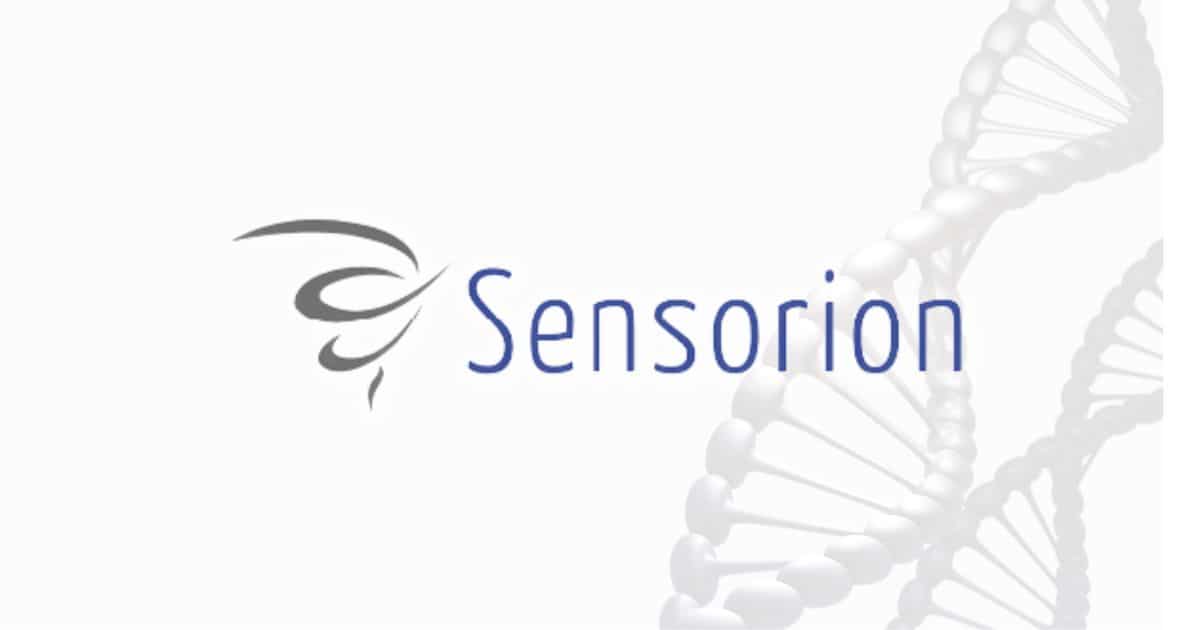MONTPELLIER, FRANCE — Sensorion (FR0012596468 – ALSEN), a clinical-stage biotechnology company specializing in novel therapies for hearing loss, announced that the Data Monitoring Committee (DMC) has recommended the continuation of the Audiogene Phase 1/2 clinical trial of SENS-501, a gene therapy program aimed at treating congenital deafness caused by OTOF (otoferlin) gene mutations.
The DMC’s recommendation follows a review of safety data from the first cohort of three pediatric patients, aged 6 to 31 months, who received an intra-cochlear administration of SENS-501. The committee determined that the treatment was well tolerated, supporting the favorable safety profile of SENS-501 at the initial dose level.
“On behalf of the Sensorion team, I wish to thank the DMC members for their review of Audiogene’s safety data generated to date and I am pleased with the Committee’s recommendation to proceed with the trial without modifications.”
–Nawal Ouzren, Chief Executive Officer of Sensorion
With this recommendation, the trial will advance to the dose escalation phase, assessing a higher dose in a second cohort of three additional pediatric patients. Enrollment for this cohort is expected to be completed by the first half of 2025.
About the Audiogene Clinical Trial
The Audiogene Phase 1/2 trial is designed to assess the safety, tolerability, and efficacy of an intra-cochlear injection of SENS-501 in children aged 6 to 31 months with OTOF gene-mediated hearing loss. Early intervention is critical, as targeting pre-linguistic hearing loss during the first years of life—when brain plasticity is highest—maximizes the potential for speech and language development.
The trial consists of two initial cohorts testing two different doses, followed by an expansion cohort at the selected dose level.
About SENS-501
SENS-501 (OTOF-GT) is an innovative gene therapy program developed to treat a specific form of congenital deafness linked to mutations in the OTOF (otoferlin) gene. This gene plays a key role in the transmission of auditory signals between the hair cells of the inner ear and the auditory nerve. When this gene is defective, affected individuals are born with severe to profound hearing loss. The aim of SENS-501 (OTOF-GT) is to restore hearing by introducing a functional copy of the OTOF gene directly into hair cells via viral vector technology (AAV). By replacing the defective gene, this therapy aims to restore the normal process of converting sound into electrical signals, enabling patients to regain their hearing ability. Currently in clinical research phase, this gene therapy program represents significant hope for families affected by this rare form of genetic deafness. SENS-501 (OTOF-GT) embodies a commitment to scientific innovation in the field of hearing, with the potential to dramatically improve the quality of life of patients suffering from genetic deafness.
This gene therapy for patients suffering from otoferlin deficiency has been developed in the framework of RHU AUDINNOVE, a consortium composed of Sensorion with the Necker Enfants Malades Hospital, the Institut Pasteur, and the Fondation pour l’Audition. The project is partially financed by the French National Research Agency, through the “investing for the future” program (ref: ANR-18-RHUS-0007).
About Sensorion
Sensorion is a pioneering clinical-stage biotech company, which specializes in the development of novel therapies to restore, treat and prevent hearing loss disorders, a significant global unmet medical need. Sensorion has built a unique R&D technology platform to expand its understanding of the pathophysiology and etiology of inner ear related diseases, enabling it to select the best targets and mechanisms of action for drug candidates.
It has two gene therapy programs aimed at correcting hereditary monogenic forms of deafness, developed in the framework of its broad strategic collaboration focused on the genetics of hearing with the Institut Pasteur. OTOF-GT targets deafness caused by mutations of the gene encoding for otoferlin and GJB2-GT targets hearing loss related to mutations in GJB2 gene to potentially address important hearing loss segments in adults and children. The Company is also working on the identification of biomarkers to improve diagnosis of these underserved illnesses.
Sensorion’s portfolio also comprises clinical-stage small molecule programs for the treatment and prevention of hearing loss disorders.
Sensorion’s clinical-stage portfolio includes one Phase 2 product: SENS-401 (Arazasetron) progressing in a planned Phase 2 proof of concept clinical study of SENS-401 in Cisplatin-Induced Ototoxicity (CIO) and, with partner Cochlear Limited, in a study of SENS-401 in patients scheduled for cochlear implantation. A Phase 2 study of SENS-401 was also completed in Sudden Sensorineural Hearing Loss (SSNHL) in January 2022.
Source: Sensorion






